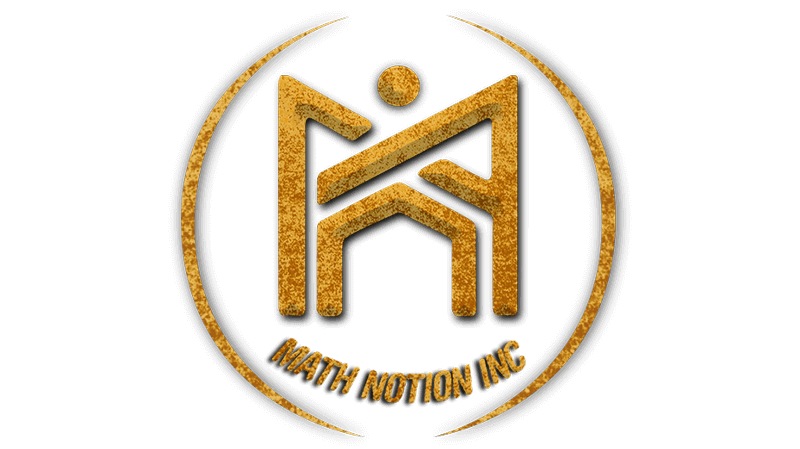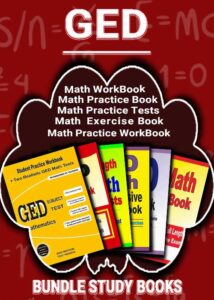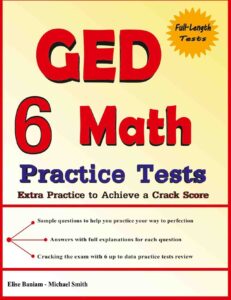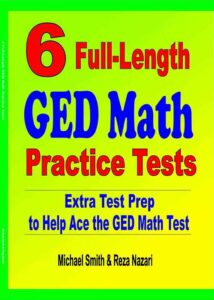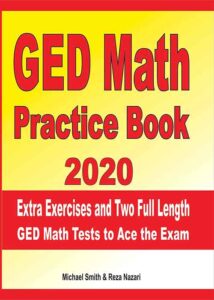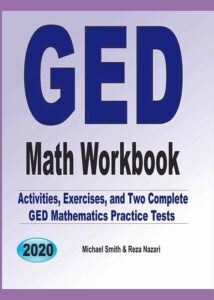
How to Prepare for the GED Math Test
The General Education Development (GED) test is a significant stepping stone for students who are on the brink of obtaining their high school diploma but are unable to do so. The GED exam, recognized across the United States by employers and educational institutions alike, is an alternative route to showcasing high school-level education and skills. It consists of four critical subject areas: Mathematical Reasoning, Science, Reasoning Through Language Arts, and Social Studies. With approximately 20 million students globally preparing for the GED, understanding how to effectively prepare for the GED Math test is crucial for success.
The GED Math Test Overview
The GED Math test challenges students’ abilities in two main areas: algebraic problem-solving and quantitative problem-solving. Key concepts covered in this section include the Pythagorean theorem, circumference, simple interest calculations, statistical measures such as mean and median, surface area, perimeter, understanding the slope of a line, the quadratic formula, and calculating total costs. The test is divided into two sections, totaling 1 hour and 55 minutes. The first section, comprising five questions, does not permit the use of calculators, while the second section allows calculators for its 41 questions.
Eligibility and Testing Format
Candidates must be at least 16 years old and not enrolled in high school to take the GED test. The exam is available both at physical testing centers and online, providing flexibility for test-takers.
Strategies for Excelling in GED Math
Utilize a GED Math Study Guide
A comprehensive study guide is invaluable in understanding the test format, content, and strategies. It offers insights into the topics covered and provides guidance on effective test-taking techniques.
Focus on Key Math Concepts
Strong emphasis should be placed on mastering essential mathematical concepts. This includes algebra, geometry, data analysis, and basic arithmetic. Tailor your study plan to cover all these areas in depth.
Practice with GED Math Books
GED math books are a treasure trove of knowledge. They delve into various topics and offer practice problems and explanations, enhancing your understanding and confidence.
Solve Word Problems Effectively
Develop skills to accurately interpret and solve word problems. This involves careful reading, understanding the problem, and applying the right mathematical concepts to find the solution.
Calculator Proficiency
Being proficient in using a scientific calculator is crucial for the calculator-allowed section of the test.
Time Management Skills
Time management is key. Practice pacing yourself to ensure you can comfortably answer all questions within the allotted time.
Confidence in Your Answers
Often, your first instinct in answering a question is correct. Trust your preparation and initial response, especially under time pressure.
Practice and Review
Regular practice is essential for mastering the GED Math test. Utilize practice tests to familiarize yourself with the question format and identify areas for improvement. Reviewing your answers post-practice tests is crucial in understanding mistakes and learning from them.
Scoring and Retesting
The GED Math test scores range from 145 (minimum passing score) to 164 (highest score). Candidates can attempt the test three times, with a 60-day waiting period after the third attempt.
Conclusion
Preparing for the GED Math test demands dedication, strategic planning, and consistent practice. By understanding the test structure, focusing on essential math concepts, using various study materials, and engaging in regular practice, you can enhance your chances of achieving a high score. Remember, earning your GED opens doors to advanced educational opportunities and better job prospects, marking a significant milestone in your academic journey.
